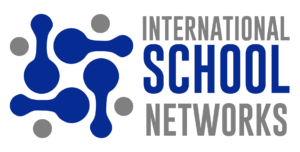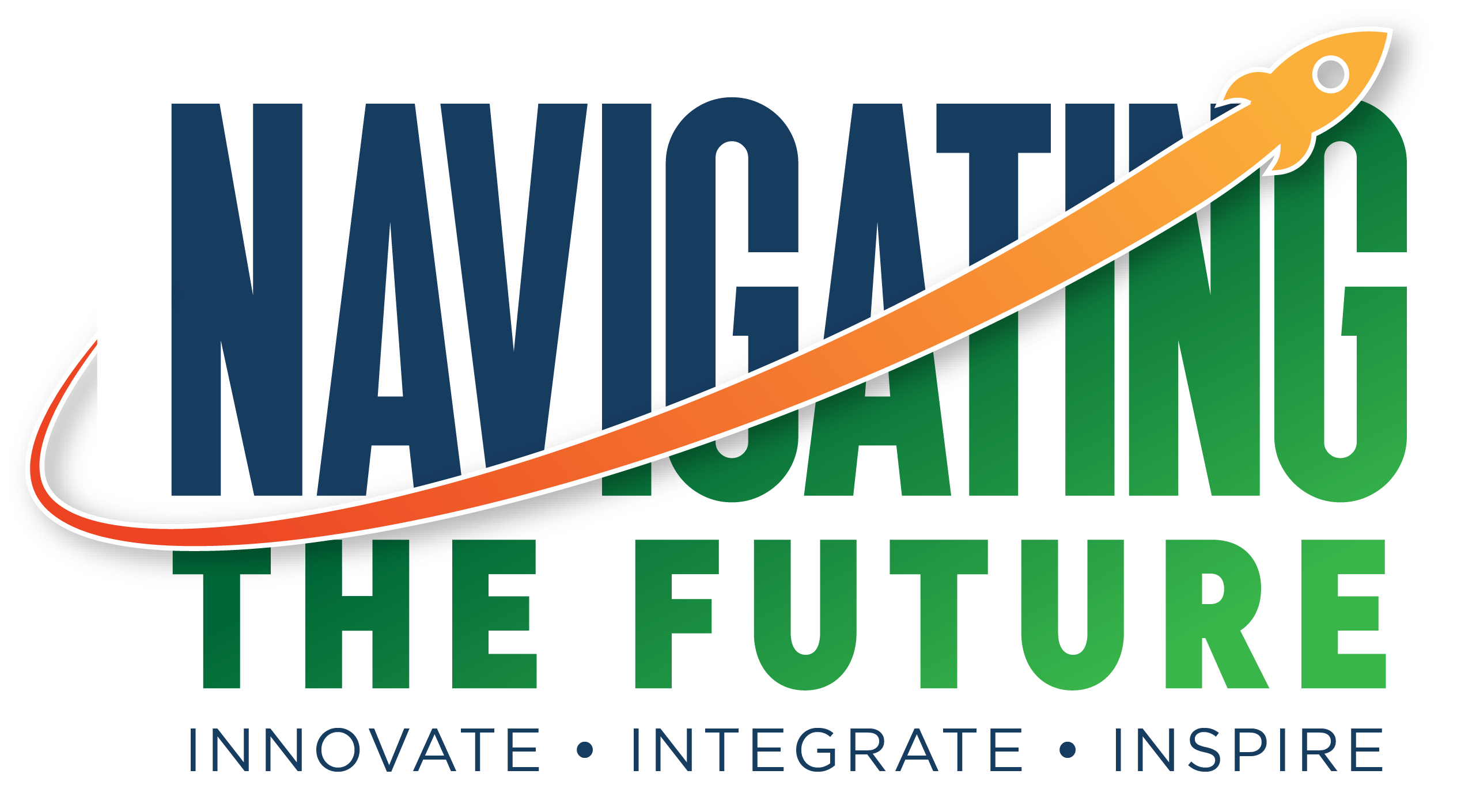Introduction: The Blueprint of Educational Excellence
Education policies are the backbone of any educational system. They set the direction, define the goals, and provide a roadmap for educators, students, and stakeholders. But why is there a constant need for reform in education policies, and how do they shape the future of education?
The Ever-evolving Landscape of Education
Education is not static; it evolves with societal changes, technological advancements, and global influences. As the world changes, so do the skills and knowledge required to navigate it. Education policies must, therefore, be dynamic, adapting to these shifts and ensuring that learners are prepared for both present challenges and future uncertainties.
Key Elements of Progressive Education Policies
- Inclusivity and Equity
Modern policies prioritize inclusivity, ensuring that every student, regardless of background, ability, or circumstance, has equal access to quality education. This includes provisions for special needs education, gender equality, and socio-economic considerations.
- Lifelong Learning
Recognizing that learning doesn’t end with formal education, progressive policies emphasize the importance of continuous learning, upskilling, and reskilling throughout one’s life.
- Integration of Technology
With the digital revolution, it’s imperative for education policies to integrate technology into the curriculum, promoting digital literacy and harnessing the power of EdTech for enhanced learning experiences.
- Holistic Development
Beyond academics, there’s a growing emphasis on the holistic development of students. This includes social-emotional learning, values education, and a focus on mental well-being.
- Stakeholder Collaboration
Modern education policies recognize the importance of collaboration between educators, parents, communities, and policymakers. Collective efforts ensure a cohesive approach to education.
Challenges in Policy Reformation
- Resistance to Change
Any change, especially in a system as intricate as education, faces resistance. This can come from educators, parents, or even students who are accustomed to traditional methods.
- Implementation Hurdles
Drafting a policy is just the first step. The real challenge lies in its effective implementation, ensuring that the proposed changes translate into tangible results on the ground.
- Balancing Tradition and Innovation
While it’s essential to incorporate modern methodologies and technologies, it’s equally crucial to retain the core values and foundational principles of education.
The Way Forward: Collaborative Reformation
For education policies to be truly effective, they need to be formulated with inputs from all stakeholders. This includes:
- Educators: Who understand the nuances of teaching and can provide insights into practical challenges and solutions.
- Students: The primary beneficiaries of any education policy, their feedback and perspectives are invaluable.
- Parents: As key stakeholders in a child’s education, their concerns, aspirations, and feedback play a crucial role.
- Experts: Academicians, psychologists, and industry experts can provide a broader perspective, ensuring that the policy is comprehensive and forward-looking.
Conclusion: Crafting the Future of Learning
Education policies are more than just documents; they are visions of the future. They shape the way generations learn, think, and evolve. As we stand at the cusp of a new era in education, marked by rapid technological advancements and global interconnectedness, it’s imperative to have policies that are not just reactive but proactive, anticipating future challenges and preparing learners to face them. After all, the essence of education lies not in the accumulation of knowledge but in the cultivation of wisdom, critical thinking, and a lifelong passion for learning.


